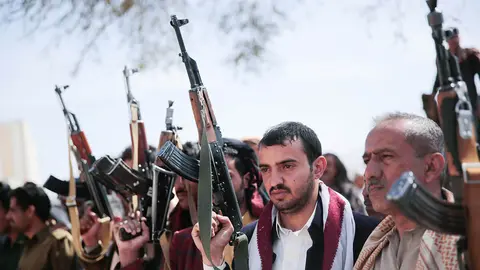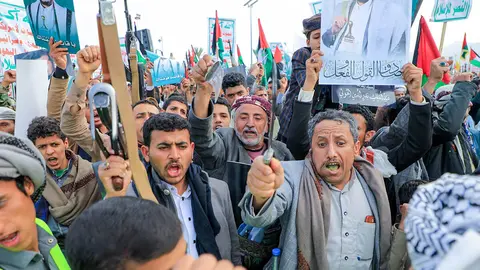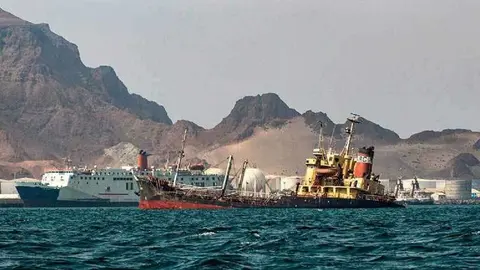Houthis continue attacks in Red Sea and Gulf of Aden
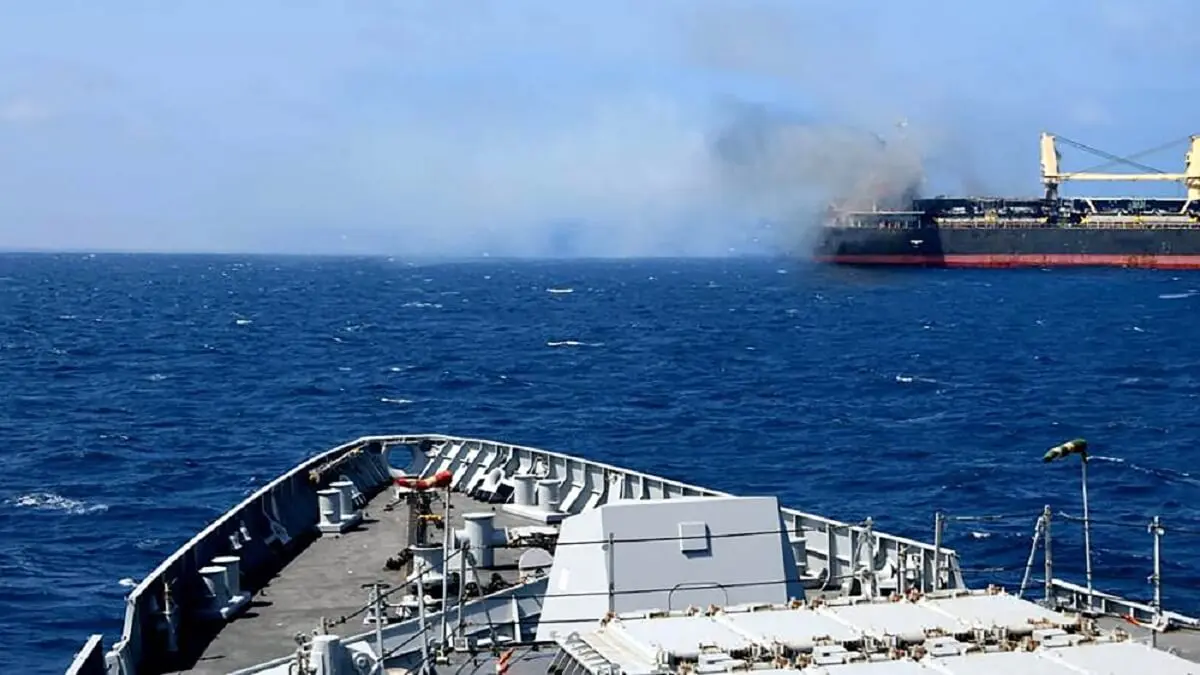
The Houthis have again claimed responsibility for attacks against ships from other countries in the Red Sea and the Gulf of Aden, two of the hotspots of conflict in the Middle East.
The Houthis have claimed up to six attacks against ships from Israel, the United States and the United Kingdom in recent hours, as well as drone offensives against Israeli targets.
Houthi military spokesman Yahya Sarea said Houthi vessels and several of their own missiles attacked the Maersk Saratoga, APL Detroit, Huang Pu and Pretty Lady ships while sailing in the Red Sea and Gulf of Aden in recent hours, and reported a drone offensive against two US Navy warships in the Red Sea and the firing of ballistic missiles at targets in the Israeli city of Eilat.
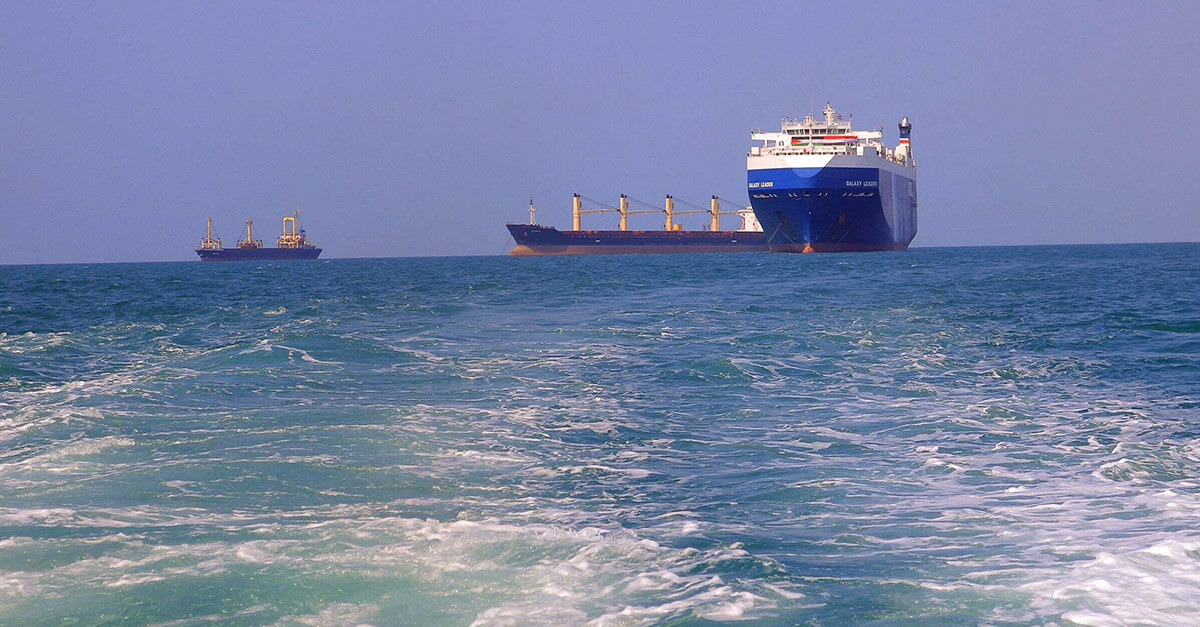
Yahya Sarea noted that the Maersk Saratoga and APL Detroit were American and the Huang Pu and Pretty Lady were British-flagged. Despite Houthi claims that the Huang Pu merchant ship is British, the US Central Command said it is a Chinese-owned tanker sailing under the Panamanian flag, and the Houthis launched five ballistic missiles at it while it was in the area.
Previously, the Houthis claimed that they had informed Russia and China that their ships would not be attacked while sailing in the Red Sea, and that they would only attack ships linked to Israel and bound for Israel, as well as UK and US ships.
Sarea also claimed to have launched drones against two US Navy warships in the Red Sea and ballistic missiles against targets in the Israeli city of Eilat, vowing to continue its attacks on ships until Israel halts its offensives against the Gaza Strip.
Over the past five months, the Houthis have launched hundreds of missiles and drones against international commercial and naval vessels in the Red Sea, the Bab Al-Mandab Strait and the Gulf of Aden, all in defence of the Palestinian cause.
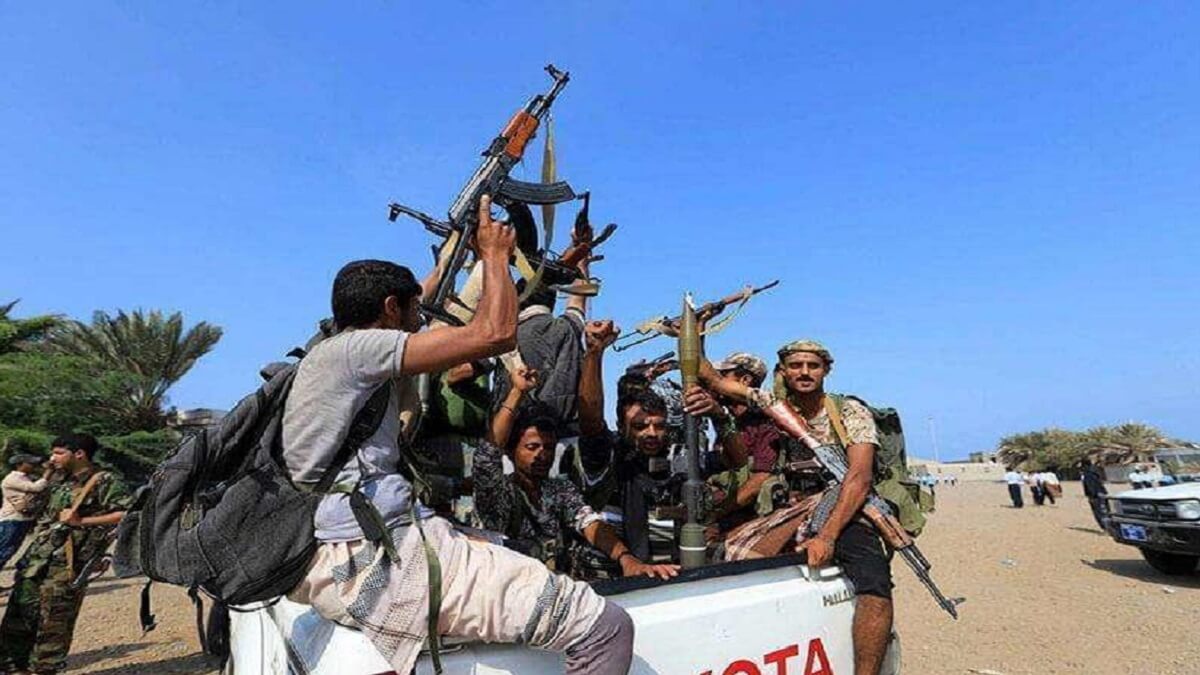
The Palestinian conflict in the background
This is also where the Houthi response to the Gaza war between the Palestinian militia Hamas and the Israeli army comes into play, triggered by Israel's response to the bloody attack on its own territory on 7 October that left around 1,200 people dead.
Israel, a historic enemy of the Islamic Republic of Iran, has now become a clear target of the Houthis, a militia supported by the Iranian regime that is fighting the war in Yemen against the legally established government and the international coalition led by Saudi Arabia, the great standard-bearer of the Sunni branch of Islam as opposed to the Shiite branch represented by Iran itself.
Following the escalation of tension between Israel and Hamas in the Palestinian territory of the Gaza Strip, the Houthis have appeared as another discordant element to attack the Israeli enemy, with Iran's shadow behind them.
All of this in a scenario that had been normalised in part thanks to the progress of the Abraham Accords, whereby various Arab countries such as the United Arab Emirates, Bahrain and Morocco established diplomatic relations with the Israeli state under the auspices of the United States with the aim of promoting agreements of all kinds to develop the Middle East and to pacify the region in the face of the belligerent stance of other international actors such as Iran and its related Shiite groups like the Houthis in Yemen, Hezbollah in Lebanon (which has also recently engaged in clashes with Israel), Liwa Fatemiyoun in Afghanistan and the Popular Mobilisation Forces in Iraq

